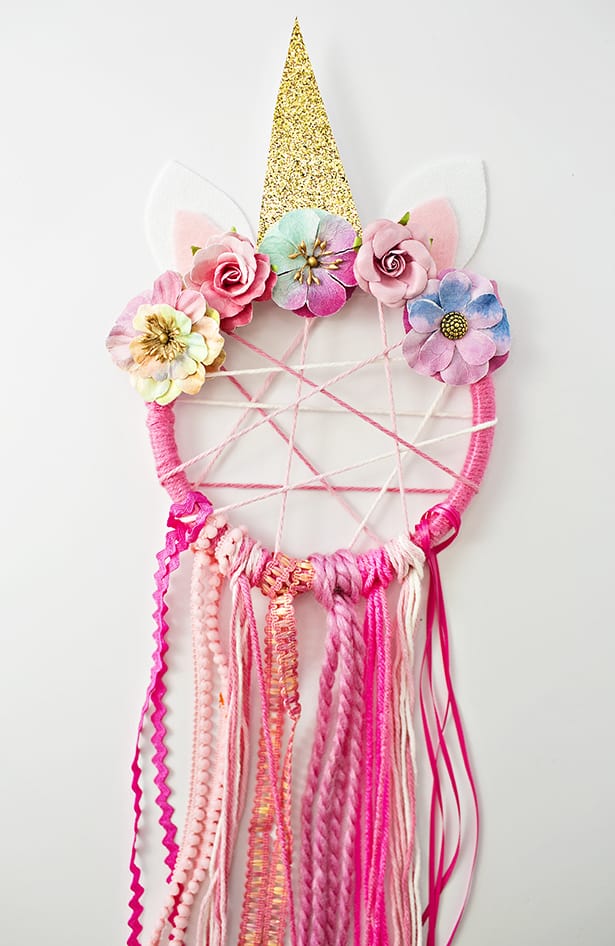Long Dream Catcher
Posted By admin On 27/03/22Long Dream Catcher Rating: 3,6/5 5035 votes
 Question: 'Is it wrong for a Christian to have a dream catcher?'
Question: 'Is it wrong for a Christian to have a dream catcher?'Answer:
Dream Catcher Long Beach
Learn how to make a Dreamcatcher in this simple step by step DIY tutorial. This dreamcatcher tutorial is for kids and also for those that are beginners.
Narrow And Long Dream Catchers
Dream catchers have long been a part of Native American religion, lore, and art, originating with the Ojibwe, or Chippewa, and the Lakota, a confederation of seven Sioux tribes. Dream catchers are webbed and beaded circles hung with feathers from the base of the circle. As one might suspect, the purpose of a dream catcher is to catch dreams—that is, to trap bad or evil dreams and channel good dreams to the sleeper. Dream catchers are usually placed in a window or above the bed, allowing the good dreams to drip down the feathers onto the sleeper below.

- In some Native American and First Nations cultures, a dreamcatcher or dream catcher (Ojibwe: asabikeshiinh, the inanimate form of the word for 'spider') is a handmade willow hoop, on which is woven a net or web.The dreamcatcher may also include sacred items such as certain feathers or beads. Traditionally they are often hung over a cradle as protection. It originates in Anishinaabe culture as.
- Dream Catcher Necklace, Silver or Gold Dreamcatcher, Turquoise Beads, Best Friend Gift, Wanderlust Necklace, Gypsy Boho, Long Chain, Layered BreakingHeartsJewels 4.5 out of 5 stars (1,355).
- Further on you will learn how to make a dreamcatcher; a tutorial expressed in two graphic ways, one that portrays the actual making of the dream-catcher and a second option illustrated in the artwork below, both options follow the same chain of thought so it is up to you to choose which one suits your needs better.
Knowing the background of dream catchers and their talisman-like use, many Christians want nothing to do with them. Is such concern warranted? A passage in 1 Corinthians 8 may be helpful. Paul is speaking to Christians living in an extremely pagan culture ruled by superstition, magic, and sacrifices, all done in the name of various idols. The sacrifices were a particular concern, for the meat sacrificed was then sold at market. Some Christians felt eating sacrificed meat was endorsing the sacrifice and therefore inappropriate for a Christian; others believed that, since they were not worshiping the idol themselves, it was not wrong.
Paul’s guidance was this: “There may be so-called gods in heaven or on earth—as indeed there are many “gods” and many “lords”—yet for us there is one God. . . . However, not all possess this knowledge. But some, through former association with idols, eat food as really offered to an idol, and their conscience, being weak, is defiled” (1 Corinthians 8:5–7). Ultimately, “food will not commend us to God. We are no worse off if we do not eat, and no better off if we do,” yet we must be careful “that this right of yours does not somehow become a stumbling block to the weak” (1 Corinthians 8:8, 9). Just as it was with meat associated with idolatry in the 1st century, so it is with superstitious objects in the 21st.